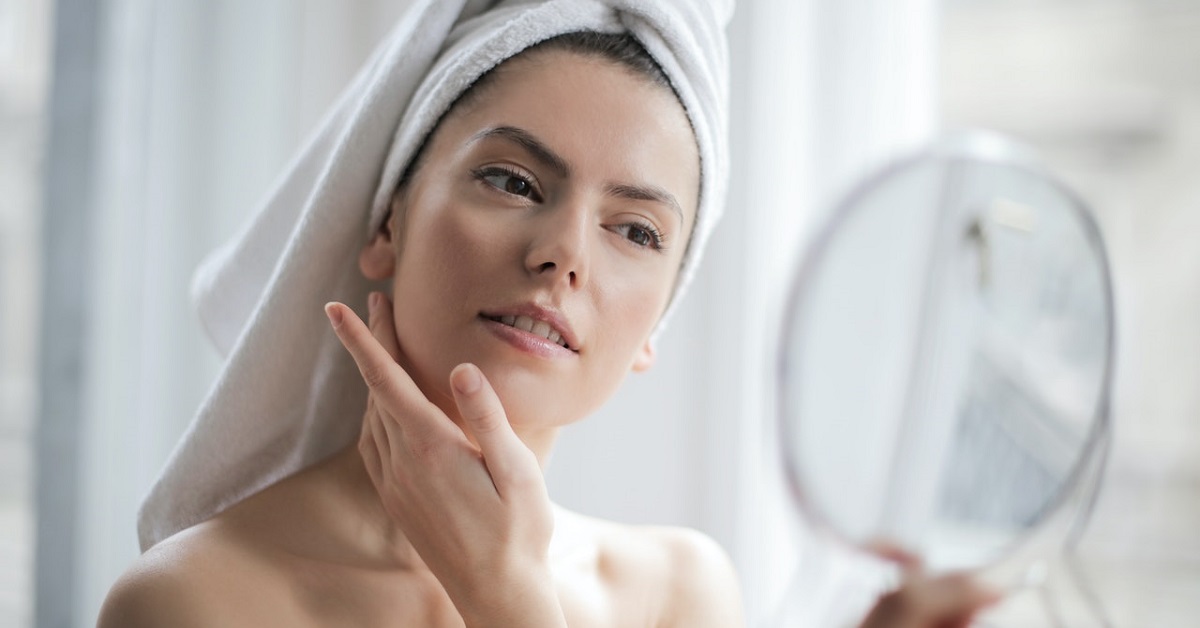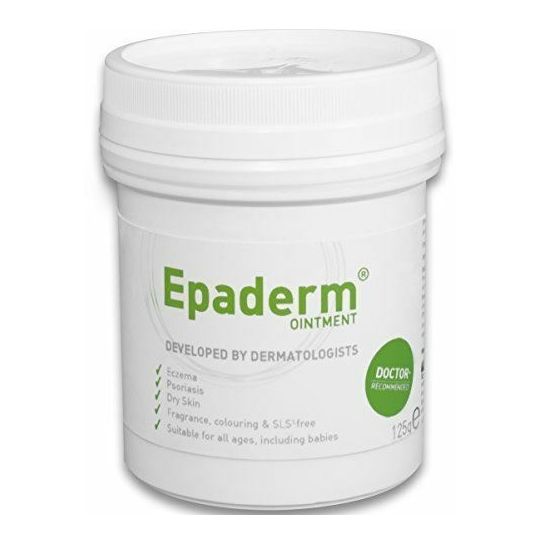Chemist.net Cookie Policy : We use cookies to enhance your user experience. To find out more please view our cookie policy
How to Take Care of Your Skin if You Have Eczema

Eczema is a chronic, incurable condition that flares up when you get exposed to environmental triggers. Eczema that's characterised by itchy blisters, dry skin, and scaly patches is called atopic dermatitis. Those who suffer from atopic dermatitis or eczema probably understand the importance of maintaining a good skincare routine. Continue reading to find out the best cleanser for eczema on the face and how to take care of your skin.
By keeping the skin moisturised, eczema flare-ups can be prevented, and some relief can be provided when they occur. It's important to develop a routine that works best for you to keep your skin moisturised and protected from further flare-ups.
How do you build your eczema skincare routine?
You can prevent irritation, itching, and skin thickening by keeping your skin moisturised. Dry skin is often the primary symptom of mild eczema, and a consistent skincare routine can keep these symptoms under control.
In other cases, additional treatments and precautions may be needed to manage symptoms. If you suffer from mild eczema or more severe eczema, most routines start with:
- Soothing the skin
- Avoiding triggers
- Locking in moisture
Learn how to treat dry skin during winter in our previous blog post here:

Apply moisturiser (cleanser for eczema on face)
Moisturing your skin as soon as you get out of the shower or bath is one of the vital steps you can take.
The National Eczema Association recommends applying moisturiser immediately after bathing to prevent your skin from losing moisture. Otherwise, your skin will become dry.
Bathing or showering
You should not use hot water when taking a bath or shower. Lukewarm water aids in the absorption of moisture into your skin. Likewise, you shouldn't scrub your skin or use harsh soaps on it.
Recognise and avoid triggers
You can get more severe eczema when you come into contact with triggers or irritants. Taking active measures to prevent contact with triggers is a critical part of a successful skincare routine.
Keeping a journal can assist you in determining the cause of flares if you're not sure what your triggers may be. By doing so, you can possibly avoid flare-ups in the future.
You should also be aware that not all triggers arise from irritants or chemicals.

What causes Eczema on the Face? (Cleanser for eczema on the face)
It’s not clear exactly what brings about eczema. A good number of people were born with the tendency to acquire it. Some of the common eczema triggers include:
- High temperatures
- Sweating
- Sunlight
- Air that’s too dry or humid
- Contact with specific kinds of chemicals
Cleanser for eczema on the face - Skincare for Facial Eczema
- Ointments and thick creams such as Vaseline can help prevent your skin from drying out better than thinner lotions. Just after washing your face is the ideal time to apply these. Try using ointments only at night if they are too greasy for your face.
- Clean gently. Soap can easily irritate the skin. Washing with water only may not be sufficient, mostly if you have an oily face. Instead, use a medical emollient or gentle non-soap cleanser. Pat dry using a soft towel.
- Check the temperature. Wash your face with only cool water, and take the shortest time possible.
- Skip makeup. Avoid using cosmetics if your skin is irritated.
Buy Epaderm Ointment (Skin Cleanser)

You should work with your pharmacist if you are having a hard time developing a routine. They may be able to provide more personalised recommendations that are tailored to your unique circumstances.
Contact or visit us today to learn more about eczema and shop for best skincare products.
This blog post was written on behalf of Chemist.net by Pharmacy Mentor.